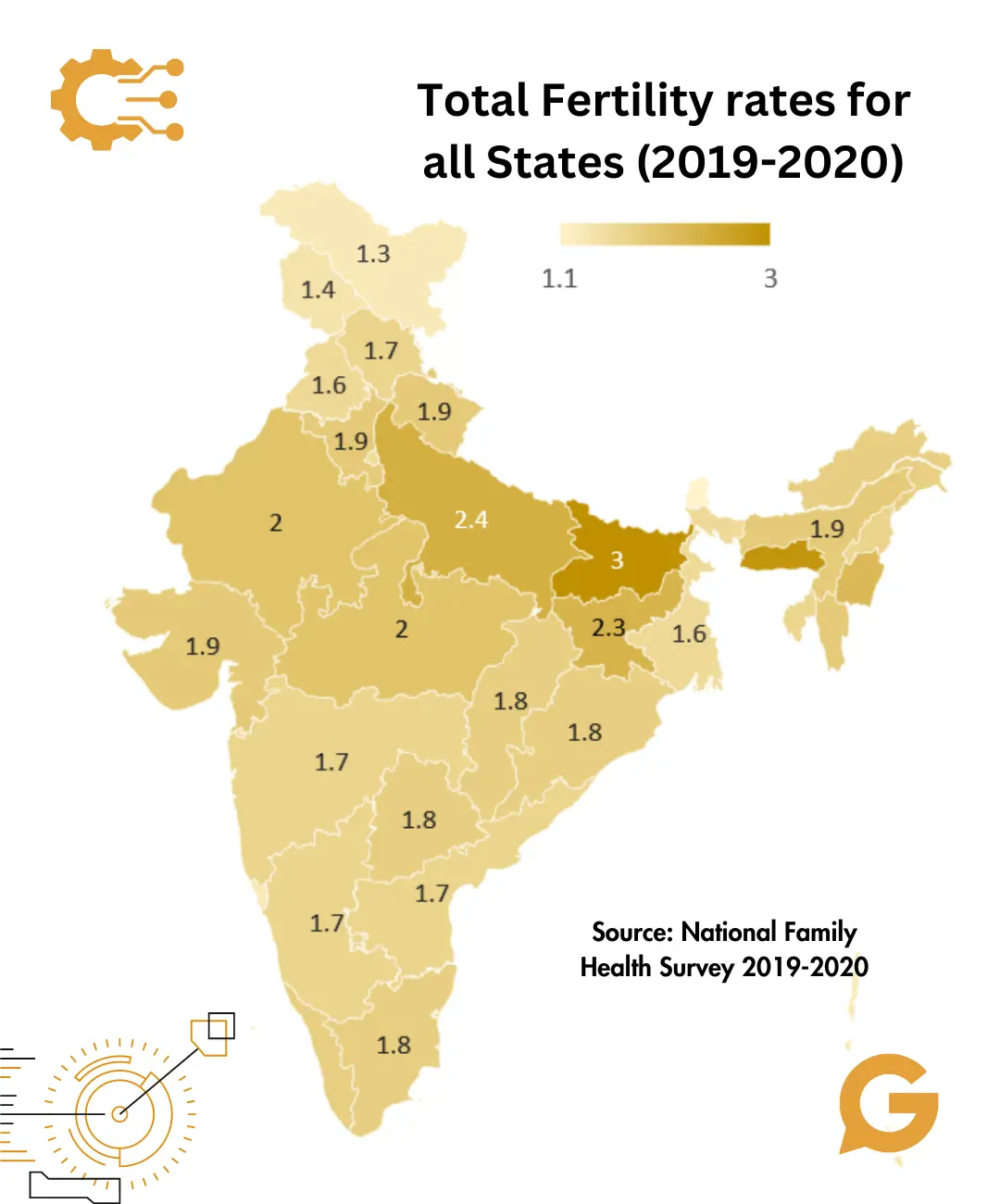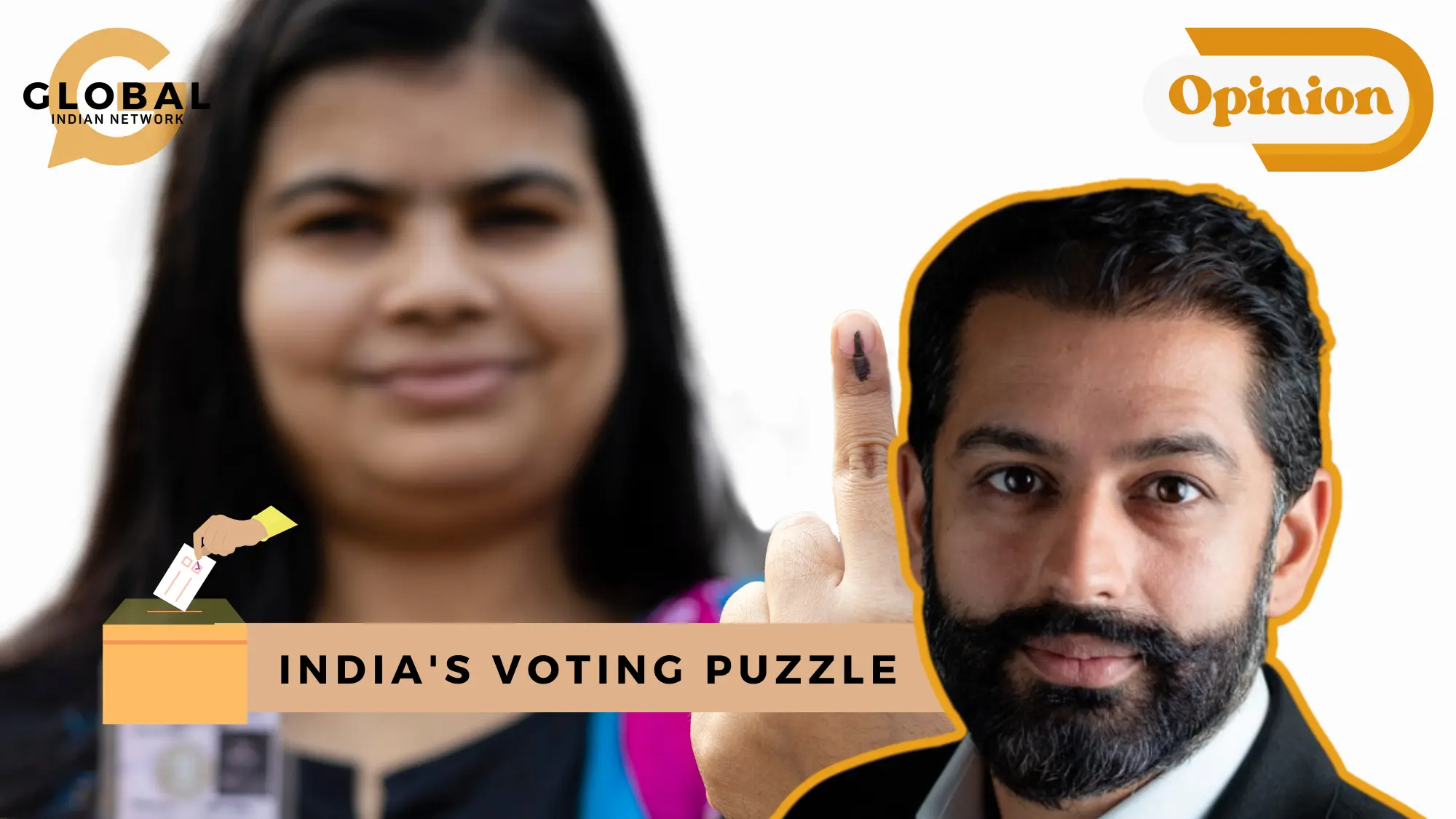India’s democracy is like a colourful collage, with diverse states and a complex federal structure. Besides that, it deals with a critical question: Should every citizen’s vote hold the same weight, no matter where they live? It’s a tricky issue and debatable as well. Meanwhile, the present government came up with the ‘One Nation, One Election’ proposal.
The Indian government, under the leadership of Prime Minister Narendra Modi, is considering a significant change in the way people vote. They propose merging the Lok Sabha (House of the People) and Vidhan Sabha (State Legislative Assembly) elections into one event. This idea has sparked mixed reactions among the public. Some favour it, citing their reasons, while others remain opposed, with their concerns and reservations.
Why Some People Like It
Combining elections into a single grand event has sparked much debate, and there are compelling reasons why some favour this approach. Firstly, the financial aspect cannot be ignored. In 2019, the entire election process in India came with a staggering price tag of Rs 60,000 crore ($ 73 Billion). This encompassed expenses incurred by political parties and the Election Commission itself. Consolidating elections could translate to significant cost savings. Beyond financial benefits, it promises less hassle for the government.
Elections often bring regular government activities to a standstill. Embracing the ‘one nation, one election’ concept might allow government bodies to function more efficiently and without disruptions. Moreover, it offers the potential for consistency in policies. Currently, the Model Code of Conduct hinders the initiation of new projects during elections. A synchronised election process could mitigate this challenge, enabling governments to stick to their development plans. Lastly, there’s the prospect of increased voter turnout. Streamlining the voting process for both national and state leaders into a single event might encourage more citizens to cast their votes, strengthening the democratic process.
But, There Are Problems
While synchronised elections hold promise, it’s essential to address the significant challenges it poses. For starters, achieving this objective would require amending the Constitution—a task of immense consequence. Critics raise concerns that such a shift might inadvertently sideline local priorities in favour of national issues during electoral processes, potentially disadvantageous to smaller parties and grassroots concerns.
Another pressing issue is the perceived uneven playing field. Regional political entities fear they may struggle to compete on a level playing field against formidable national parties with greater resources and strategic capabilities. Furthermore, there’s the concern of reduced voter choice. Research suggests that simultaneous voting for state and national representatives may lead to a higher frequency of selecting the same political party. While this may benefit national-level parties, it could diminish the influence of regional parties, potentially resulting in a less diverse political landscape with fewer policy variations. Balancing the potential benefits with these pressing challenges is crucial in considering the shift to a ‘one nation, one election’ system.
Who’s Supporting and Who’s Against
The concept of synchronised elections isn’t new to India’s political landscape. In fact, it was a practice until 1967, and it found favour in the BJP’s 2014 election agenda. Prime Minister Modi broached the subject in 2016, and in 2017, the Niti Aayog delved into a detailed study.
However, as with any substantial change, there’s opposition. Many prominent opposition parties, including AAP and Congress, have voiced their reservations, arguing that it might not align with the principles of fairness and could potentially alter the fundamental essence of our democracy. Some even speculate that the ruling BJP harbours ambitions to transition from a parliamentary system to a presidential one.
Adding to the mix, the Shiv Sena, a key member of the INDIA bloc, has clarified that they intend to protest if the government pushes through this change without engaging in a comprehensive dialogue with all stakeholders. The debate surrounding synchronised elections continues to be a dynamic and polarising issue in the Indian political landscape.

Now, let’s understand another intriguing facet of India’s democracy—a puzzle that revolves around the allocation of seats in the Lok Sabha, the lower house of Parliament. As we know, India is a vast and diverse nation, marked by varying fertility rates across different states. Some states, like Sikkim and Kerala, have witnessed a decline in the number of children per woman, while others, such as Uttar Pradesh and Bihar, boast significantly higher rates.
To maintain equilibrium, a freeze on seat allocation has been in effect, and it will remain in place until 2026. This freeze seeks to harmonise the principle of ‘one man, one vote’ with the imperative of ensuring stability in our diverse country. However, when the freeze inevitably thaws in 2026, the government will face the task of redrawing seats based on population—a prospect that could dramatically alter the power dynamics within the Lok Sabha. This process isn’t without its implications.
Firstly, there’s the anticipation of a shift in political power. States characterised by robust population growth, such as Uttar Pradesh and Bihar, are poised to gain more seats, potentially tilting the balance of political influence in their favour. Conversely, states with lower fertility rates and slower population growth, like Sikkim and Kerala, may experience a reduction in their political clout as they may receive fewer seats.
Balancing the scales between equal representation and population growth disparities poses a considerable challenge. The government will be tasked with the delicate responsibility of allocating seats to ensure fair and proportional political representation. This redistribution of seats can have far-reaching consequences, affecting the distribution of support, resources, and attention from the central government to different states. It could exacerbate regional inequalities, as states with more seats could garner a larger share of resources and focus.
Moreover, the realignment of political power may reshape the decision-making landscape. States with more seats could exert a more substantial influence in shaping national policies, further impacting how the nation operates. The impending seat redistribution marks a pivotal moment in India’s democratic journey, where intricate dynamics of representation, power, and resource allocation come to the fore. It’s a puzzle that holds significant implications for the future of our democracy.
India’s voting system resembles a sprawling jigsaw puzzle, with each piece playing a pivotal role. The ‘One Nation, One Election’ concept and the ‘One Man, One Vote’ issue stand out among these pieces. They both contribute to the overarching goal of harmonising the imperative to ensure every vote counts with the need to maintain unity in our wonderfully diverse nation.
As India strides into the future, it’s paramount that it safeguards the robustness and inclusivity of its democracy, one that authentically echoes the voices and dreams of all its citizens. Striking a delicate balance amidst these intricacies holds the key to India’s sustained progress and unwavering unity. After all, in a nation that dreams of conquering space missions, it’s imperative that its democratic foundations remain as steadfast as ever.









